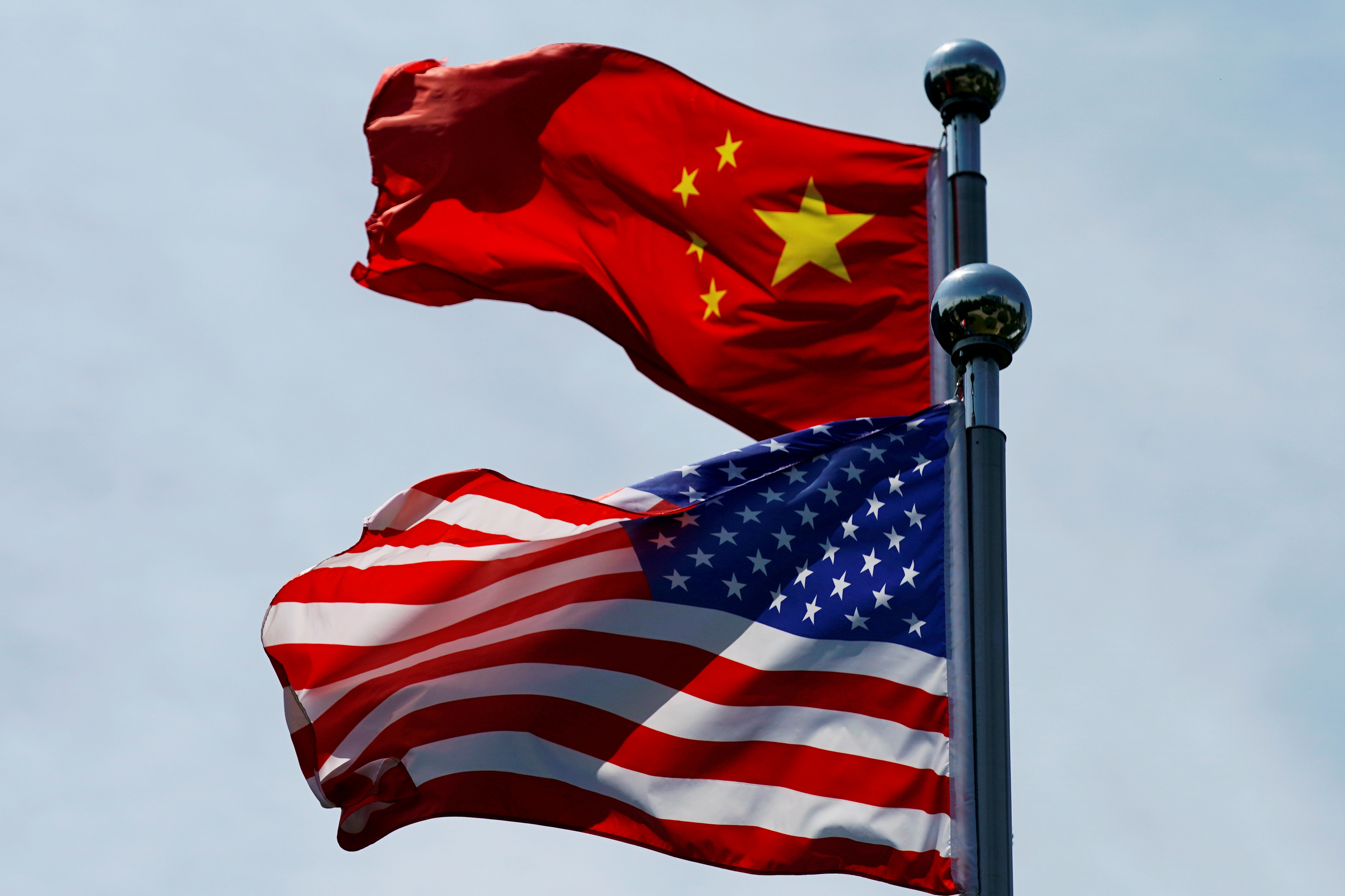(ATF) Hong Kong: Asian markets were slammed by weakness in the tech sector, which has been leading the recent rally, as investors remain worried about the impact of geopolitical tensions between the world’s two biggest economies on the sector.
Reuters News is reporting that the White House Office of Management and Budget has asked federal agencies for all funding meant to counter China, or which could aid China.
“No single factor sparked the sell-off, rather it seemed to be an accumulation of worries about the rally in the tech sector, overcrowding and rising valuations,” said Kerry Craig, a global market strategist at JP Morgan Asset Management, while cautioning not to pay too much attention to short-term wobbles and stay cognisant of longer-term trends and earnings potential.
After Wall Street’s sell-off which saw the Nasdaq plunge 5% on Thursday, Asian stocks all closed lower, with the Japanese Nikkei 225 down 1.11%, the Australian S&P ASX 200 tumbling 3.06% and the Hang Seng index down 0.97%.
Eli Lee, head of Investment Strategy at the Bank of Singapore, said the setback in equities was unsurprising given that major indicators in the cross-asset landscape had earlier moved in a risk-off direction, referring to the rise in the US dollar, the fall in US Treasury yields and the weakness in prices of base metals and commodities.
“We continue to advocate rebalancing of weights of portfolio positions in tech equities into cyclicals and value, which will further diversify exposure across a wider range of drivers of performance and contribute to buttressing portfolio volatility ahead,” Lee said.
The US dollar reversed its previous day’s gains and weakened to below 93 against a basket of currencies, and gold rose 03% to $1,938 per ounce.
US Treasuries were slightly jittery with the 10-year yield rising by 2 basis points to 0.65% after a report in the The Global Times which said China may gradually cut its US Treasury holdings.
“China will gradually decrease its holdings of US debt to about $800 billion under normal circumstances. But of course, China might sell all of its US bonds in an extreme case, like a military conflict,” Xi Junyang, a professor at the Shanghai University of Finance and Economics, told the Global Times on Thursday. The article in the state-backed newspaper said that in the first six months of this year, China dumped about $106 billion worth of US Treasury bonds.
Meanwhile, investors are monitoring progress on a vaccine for the pandemic and further stimulus measures with the US Senate likely to take up a new coronavirus stimulus bill next week. A US jobs report due on Friday is forecast to show payrolls continued to rebound in August from virus lows.
Investors are also awaiting the non-farm payroll report – expected to show 1.4 million jobs were added in August, compared to the 1.763 million jobs created in July.
ATF China Bond 50 Index: ATF indices dip on financials’ retreat
Also on Asia Times Financial
Banks prepare for end of the world’s most important number
China’s foreign investor bond rush hits new highs
Trump left with a ‘green face’ as trade deficit hits 12-year high
Vaccine race hots up as economic stakes mount
Asia Stocks
# Japan’s Nikkei 225 index slid 1.11%
# Australia’s S&P ASX 200 tumbled 3.06%
# Hong Kong’s Hang Seng index retreated 1.25%
# China’s CSI300 eased 0.97%
# The MSCI Asia Pacific index eased 1.48%.
Stock of the day
Alibaba Group shares fell as much as 6.7%, underperforming the broad market, after it said it had filed with the SEC to issue an additional 200 million shares.
























